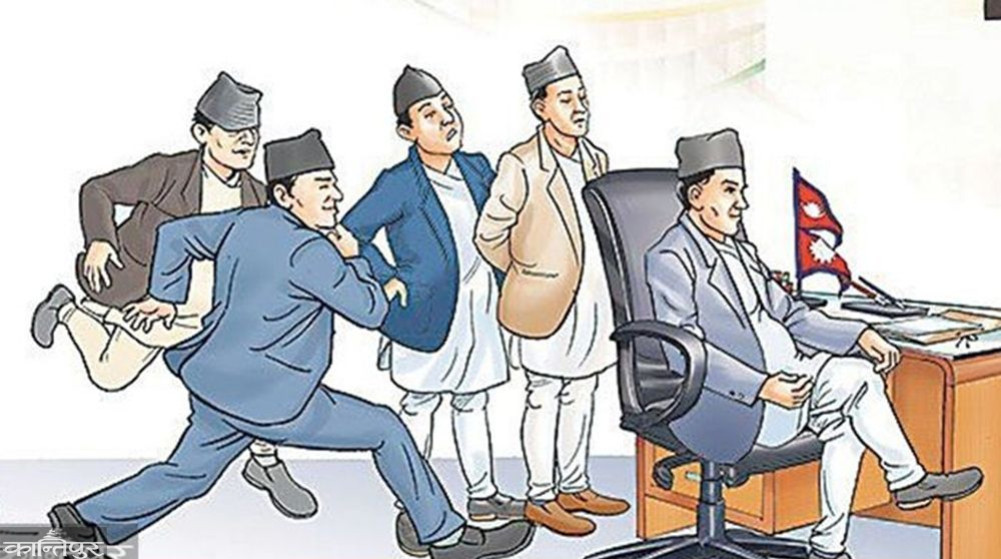The all-round impact of interest rate cuts
We use Google Cloud Translation Services. Google requires we provide the following disclaimer relating to use of this service:
This service may contain translations powered by Google. Google disclaims all warranties related to the translations, expressed or implied, including any warranties of accuracy, reliability, and any implied warranties of merchantability, fitness for a particular purpose, and noninfringement.


10 out of 20 commercial banks have reduced interest rates on deposits with effect from May 1. This has become a big problem for small depositors who have to eat from interest income and institutionally large amount of organizations, insurance companies and citizen investment funds, savings funds. Currently, the liquidity in Nepali Bank has reached double than required. The CD ratio has reached 79 percent. Deposits in banks are piling up. Banks are able to lend more than 6 billion. But there are no borrowers.

All the banks of Nepal have reached a state of collapse due to the new economic disease of increasing savings but not increasing loans. The government and the National Bank have not taken much initiative to get rid of this problem. Banks are forced to keep money in Rashtra Bank at 3 percent interest rate. Banks have kept interest rates on savings very low to discourage deposits. Since the credit investment cannot increase, banks have no other solution except to reduce the deposit interest.
But this measure cannot be long-term and in the national interest. The risk of capital flight increases when interest on savings decreases. Unknowingly, the money of Nepali banks reaches foreign lands. Money also starts to be used more in unproductive activities. It will neither increase employment nor develop the country. Therefore, the Ministry of Finance and the National Bank should immediately become serious about how to utilize the deposits accumulated in the banks.
Rastra Bank should adopt a policy of field monitoring to see if the loan is used in the same work, giving loans at cheap interest rates for industries and factories that increase employment and production. Earlier, the credit given in the name of industry was used elsewhere for trade and smuggling, but production and employment did not increase in Nepal. In real estate, purchase of vehicles, trade and import and export, a policy of increasing the interest rate should be adopted.
Similarly, to mobilize deposits for the time being, a policy of opening personal overdraft (OD) loans should be taken as before for a few years, working capital loans should be facilitated. Earlier, the National Bank had taken a policy of allowing individual ODs up to 50 lakhs. In such an OD, nothing was required except a mortgage. Business OD requires many documents like company registration, audit report, tax payment certificate etc. That is the reason why the loan is not extended.
– Gopal Devkota, Gokarneshwar, Kathmandu
 प्रकाशित : जेष्ठ २, २०८१ ०८:५९
प्रकाशित : जेष्ठ २, २०८१ ०८:५९

 २१.१२°C काठमाडौं
२१.१२°C काठमाडौं












